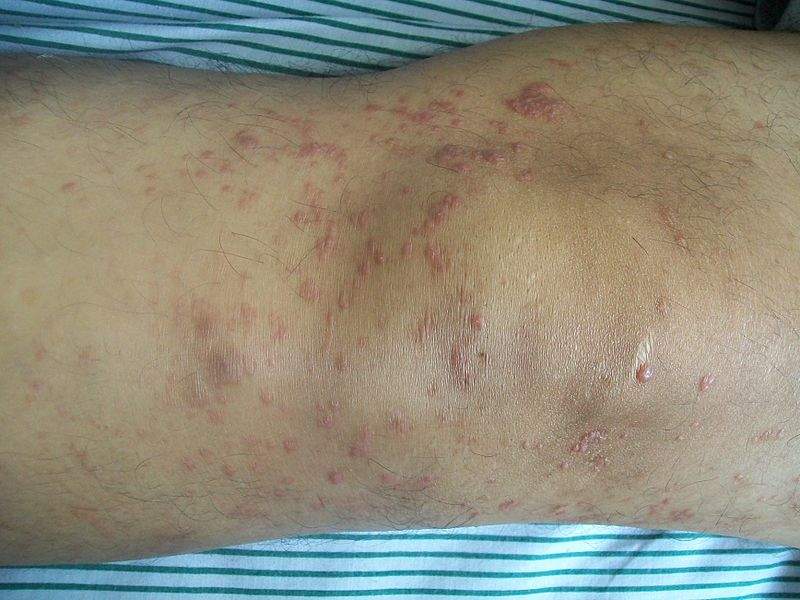
Clinical stage immuno-oncology company Trillium Therapeutics has begun dosing in its second Phase I clinical trial of TTI-621 (SIRPaFc) in patients with relapsed or refractory percutaneously accessible solid tumours and mycosis fungoides.

Discover B2B Marketing That Performs
Combine business intelligence and editorial excellence to reach engaged professionals across 36 leading media platforms.
TTI-621 is a fusion protein designed as a checkpoint inhibitor of the innate immune system and consists of the CD47-binding domain of human SIRPa linked to the Fc region of a human immunoglobulin (IgG1).
The drug prevents CD47 from generating the inhibitory signal by acting as a soluble decoy receptor.
The two-part, multi-centre, open-label Phase Ia/Ib trial will evaluate TTI-621 as a single-agent in these patients.
Trillium chief scientific officer Bob Uger said: "To our knowledge, this is the first patient to ever receive an intratumoral injection of a CD47 blocking agent.

US Tariffs are shifting - will you react or anticipate?
Don’t let policy changes catch you off guard. Stay proactive with real-time data and expert analysis.
By GlobalData"We believe this approach, which aims to achieve a high local concentration of TTI-621 and employs frequent biopsy analysis, will help us better understand the effects of TTI-621 on the tumour microenvironment and provide critical information for the development of rational combination therapies."
The study will also include an escalation phase with single or multiple doses of TTI-621 administered by intratumoral injections, as well as an expansion phase, which will test one or more selected dose levels of TTI-621.
The drug is currently undergoing a 10-cohort Phase Ib study in patients with relapsed or refractory hematologic malignancies.
Image: Skin lesions on the knee of a 52 year old male patient with Mycosis fungoides. Photo: courtesy of Bobjgalindo/Wikipedia.





